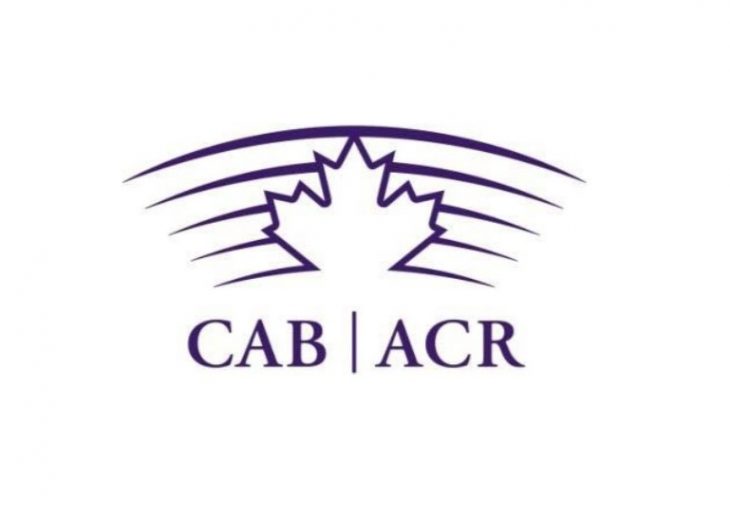
OTTAWA – The Canadian Association of Broadcasters said Thursday morning that the federal government’s plan to financially assist legacy print media companies is unfair to local TV and radio broadcasters, who also provide vital, trusted, local news sources.
"Canadians want to be informed and they want a diversity of trusted, quality news sources from which to choose," said Lenore Gibson, CAB Board of Directors chair and senior counsel, regulatory affairs, at Bell Media, in a press release. "The federal government's exclusion of broadcasters — the preferred source for news among Canadians — is arbitrary and unfair policy."
According to the Reuters Institute's 2018 Digital News Report, more than 75% of Canadians get their news from television and radio, while only 31% cite newspapers as their primary source, reads the CAB release. “Further, of the top five most trusted news brands in Canada, three are private broadcasters,” it says.
New tax credits for news and journalism were announced in the 2018 Fall Economic Statement. Budget 2019 sets out eligibility criteria. The proposed tax credits would only be made available to newspapers: Qualified Canadian Journalism Organizations (QCJO) must be primarily engaged in the production of original written news content. Moreover, the 25% refundable labour tax credit is not available for a QCJO "carrying on a broadcasting undertaking."
"If the government is truly committed to recognizing the vital role media plays in helping citizens make informed decisions, it must find a way to include radio and television news outlets in this tax credit regime," said Gibson in the release.
(Ed note: FWIW, under the announced rules, Cartt.ca is also ineligible for the assistance announced this week. However, even if we were eligible, we’d never bloody well debase ourselves to ask some damn Star Chamber of old state-approved-and-appointed journalists whether we’re a “qualified” organization or not. We’ll leave that to our readers to decide.)


